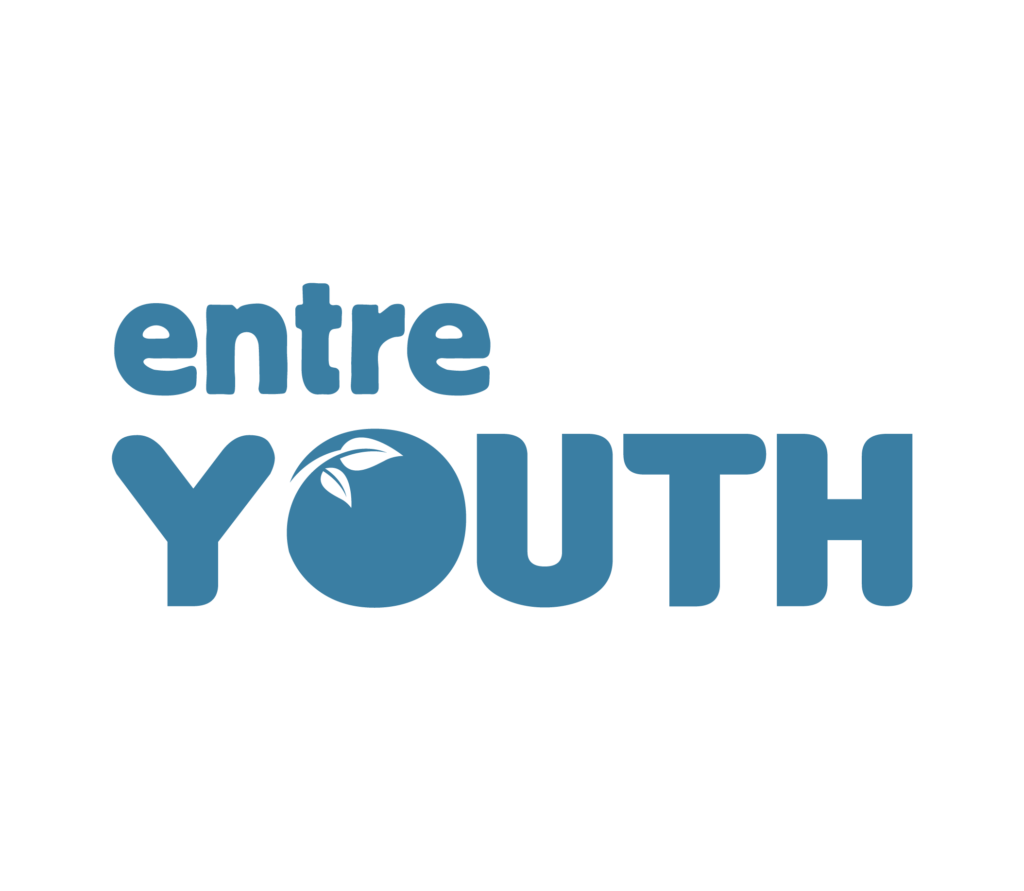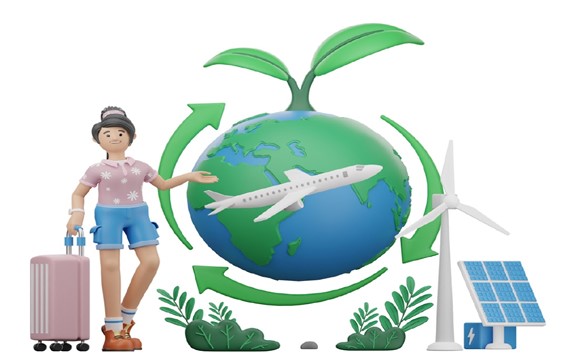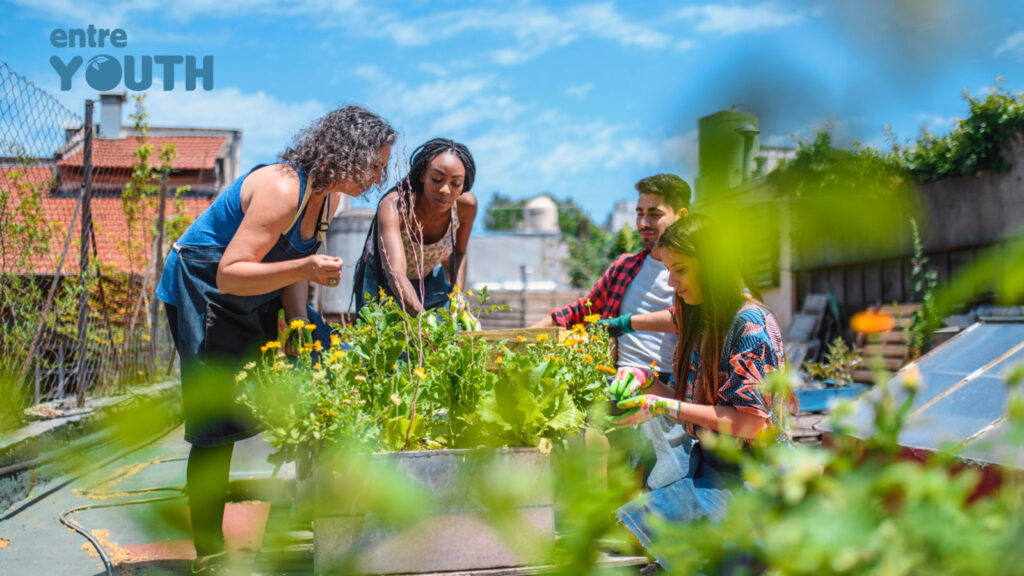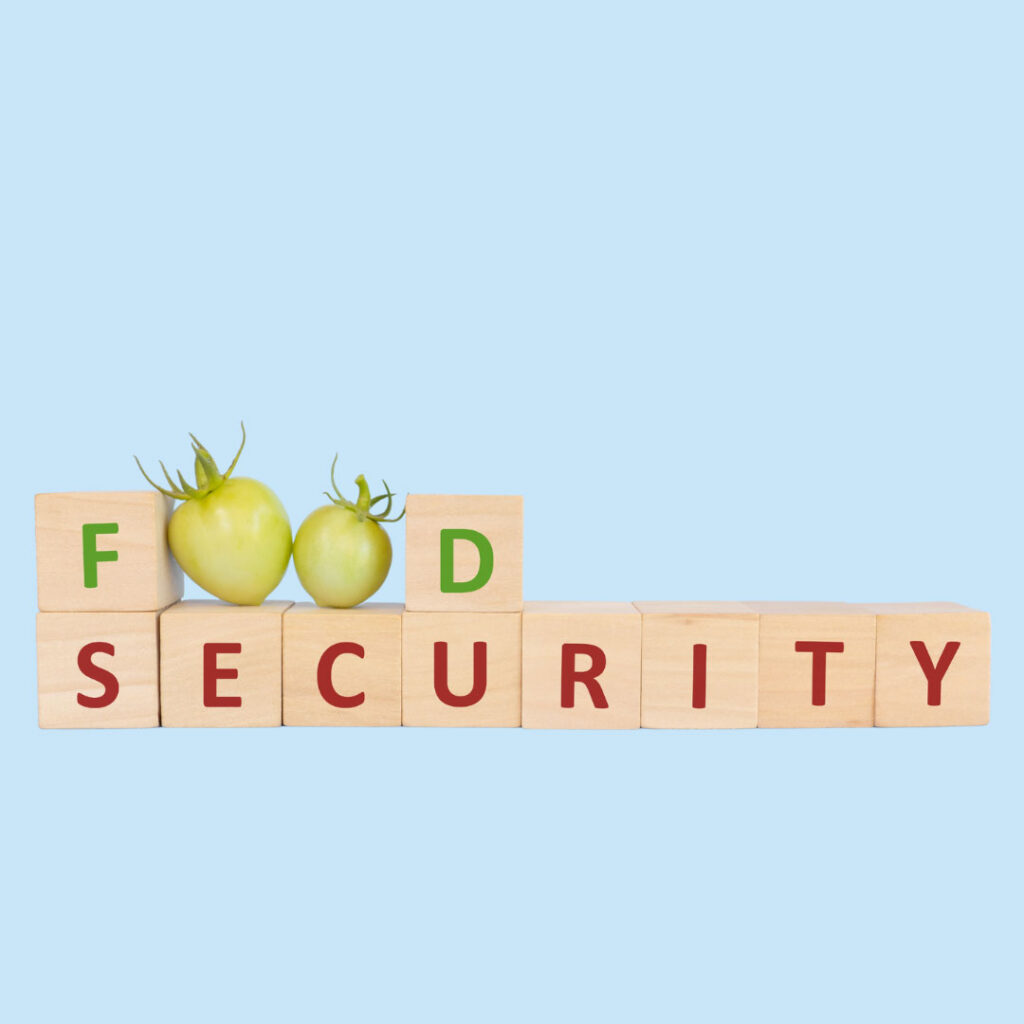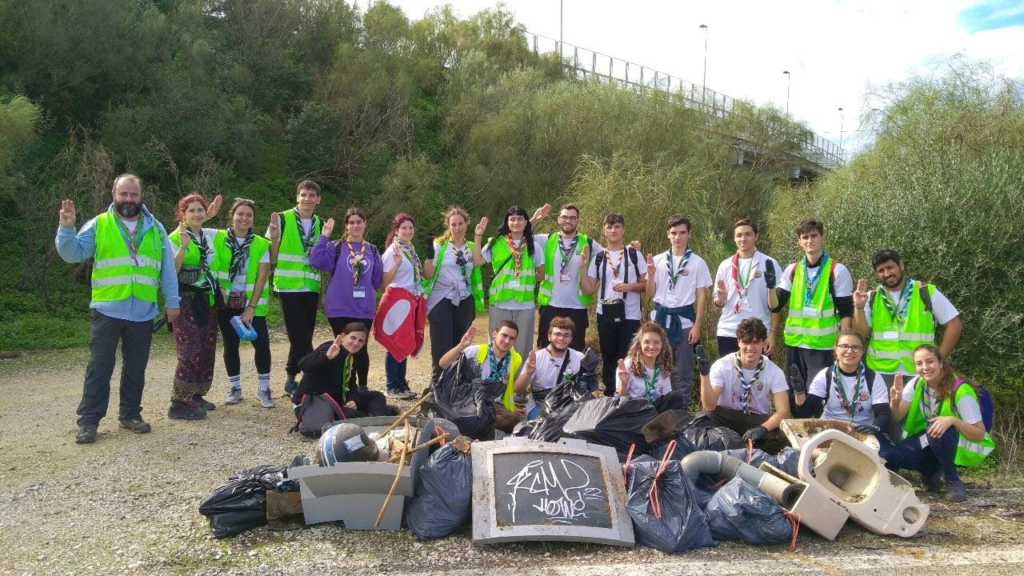The United Nations World Tourism Organisation (UNWTO) defines sustainable tourism as tourism that, in meeting the needs of visitors, the industry, the environment and local communities, takes full account of current and future economic, social and environmental impacts. Tourism sustainability refers to several types of sustainability: ecological, socio-cultural and economic. Sustainable tourism must make optimal […]
Category Archives: News
The EntreYOUTH project aims to develop a transnational non-formal education programme. The ultimate goal is to promote active citizenship, young people’s sense of initiative and youth entrepreneurship, including social entrepreneurship. As globalisation expands inequality and climate change becomes more alarming, society struggles with growing social and environmental concerns. Our activities have an impact on the […]
As cities continue to grow and expand, there is an urgent need to create sustainable and inclusive food-supply solutions. Community gardens are an increasingly popular alternative for tackling these issues, giving various benefits in addition to fresh fruit. But how can community gardens encourage sustainable food practices while also cultivating a feeling of community and […]
Uncategorized
Embedding sustainability in learning
Society is facing growing social and environmental problems. Globalisation is widening the inequality gap every day and the effects of climate change are becoming increasingly alarming. In this context, our actions and decisions have consequences for the environment and for the society of today and tomorrow. This is particularly relevant in the context of food, […]
Food security is defined as a situation that exists when all people, at all times, have physical, social, and economic access to sufficient, safe, and nutritious food that meets their dietary needs and food preferences for an active and healthy life. In that sense, the United Nations (UN) have included eradicating hunger in its sustainable […]
Uncategorized
AGROECOLOGY
According to the definition of the Food and Agriculture Organization of the United Nations (FAO), agroecology is a scientific discipline, a set of practices and a social movement. As a science, agroecology studies how the different components of the system interact. On the other hand, it can draw on many of the practices of organic […]
Uncategorized
What is the circular economy?
Circular economy is an economic system which tries to minimize waste and maximize resource use, focusing on creating a materials and energy closed cycle rather than a linear model of “extract, produce, consume and dispose”. Circular economy pillars are: waste reduction, reuse, repair, recycling and biodegradation. How can we reduce waste? There are several ways […]
Uncategorized
Food sustainability in urban contexts
Food systems are an important part of our lives. They contribute to the environment, economy, and society. The food system is a complex system that has a lot of connections with other systems in the world. It comprises different sectors such as food production, processing and distribution, consumption, waste management and recycling. The sustainability of […]
Uncategorized
Social Enterprises and their role in Sustainable Food
Social companies can be found in nearly every industry, serving the interests and requirements of their communities and society. This is hardly a surprising trend. Social businesses have shown to be adaptable organizations that address unfulfilled or inadequately fulfilled social needs and create new social opportunities where other actors have failed. They contribute to […]
Uncategorized
Technology, entrepreneurship, and food sustainability.
Our society is facing an unprecedented global food crisis, as stated by WFP Executive Director David Beasley, due to climate change, conflict, and rising costs of living. In these conditions, meeting current food needs requires more efficient, inclusive, resilient, and sustainable production for the planet, and therefore for society. The food industry ought to generate […]
- 1
- 2
